 In Shakespeare's Richard III, George, the Duke of Clarence, who is being held in the Tower of London tells of a nightmare he's had, "Lord, Lord! methought, what pain it was to drown!"
In Shakespeare's Richard III, George, the Duke of Clarence, who is being held in the Tower of London tells of a nightmare he's had, "Lord, Lord! methought, what pain it was to drown!"
Shakespeare's Clarence has been imprisoned by his other brother, King Edward, because a prophecy indicated a man with a name beginning with 'G' would take the crown. Richard is quite happy with this turn of events and does nothing to help his brother. In fact, he sends two assassins to stab poor Clarence, who is then taken away to be placed it in a vat of Malmsey wine off stage.
In reality, the Duke of Clarence was guilty of plotting, and even taking up arms, against his brother and was subsequently sentenced to death. He was privately executed and, contrary to the tradition of the time, he was not beheaded.
Nobody knows for sure how Clarence was killed, but rumor quickly grew that he was drowned in a butt of Malmsey wine - his favorite tipple. A butt of wine is quite easily large enough to be drowned in, and Clarence's exhumed body is not able to give us a definitive method of death. So, it is quite possible that he was murdered with wine.
And in the interests of being fair to Richard - far from hiring his brother's killers, the real Richard vehemently opposed Edward's arresting Clarence.


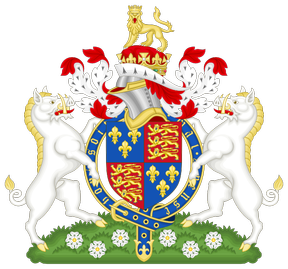 In fact, King Richard III made many overhauls to the criminal justice system that still hold today, like introducing the bail system.
In fact, King Richard III made many overhauls to the criminal justice system that still hold today, like introducing the bail system.


 In Shakespeare's Richard III, George, the Duke of Clarence, who is being held in the Tower of London tells of a nightmare he's had, "Lord, Lord! methought, what pain it was to drown!"
In Shakespeare's Richard III, George, the Duke of Clarence, who is being held in the Tower of London tells of a nightmare he's had, "Lord, Lord! methought, what pain it was to drown!"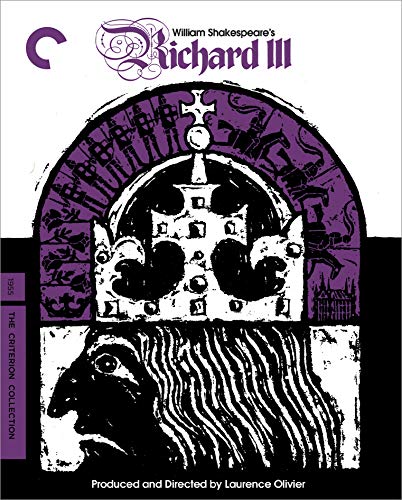
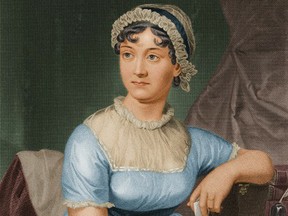 Jane Austen is, of course, best known for her Regency novels. However, she also took an interest in history and, at sixteen, penned The History of England From the Reign of Henry IV to The Death of Charles I.
Jane Austen is, of course, best known for her Regency novels. However, she also took an interest in history and, at sixteen, penned The History of England From the Reign of Henry IV to The Death of Charles I. 






 How to Avoid College Debton 07/31/2014
How to Avoid College Debton 07/31/2014
 Was Charlotte Bronte Jealous of her Sister Anne?on 07/15/2014
Was Charlotte Bronte Jealous of her Sister Anne?on 07/15/2014
 Whose Side is Cancer Research UK on?on 07/06/2014
Whose Side is Cancer Research UK on?on 07/06/2014
 A Plot Summary of Electra by Sophocleson 07/05/2014
A Plot Summary of Electra by Sophocleson 07/05/2014

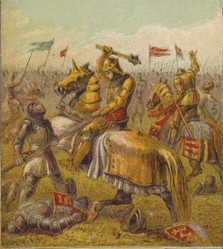
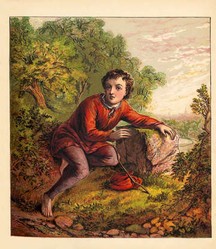
Comments
Hey, Jo. Yeah, it is young - even considering the fact that average life expectancy was much shorter than it is in our day and age.
I thought I knew most of what there was to know about Richard, but even I learned stuff here. For example, his age at Tewkesbury hadn't clicked with me. That is very young to be leading an army!
Thanks, Georgette. It's not something I knew of until very recently. It's weird how the bias against Richard III is still so heavily rooted in our knowledge and perception of him, so much so that the positive changes he made as monarch are unknown to the wider public.
I enjoyed reading this and found it very interesting. The history of, specifically, "Court of Requests" I did not know but should have...thanks for enlightening me!
Thanks, Elias. You're right. What we know of Richard primarily comes from Shakespeare, which, in turn, comes from a, let's say, biased historical view. So, he's got this reputation as one of the most evil men to ever grace the Earth and that may well be unfair. Finding him has meant that people are taking a closer look, though and opinions are changing - among some people anyway. The more I read about him, the less convinced I am by the Tudor version of events.
Very interesting. I guess the world knows a lot about him through Shakespeare and that is something hard to change in the immediate future but who knows what will happen in the future?
Thank you, Kathleen. Really glad to hear it.
Really enjoyed reading that!